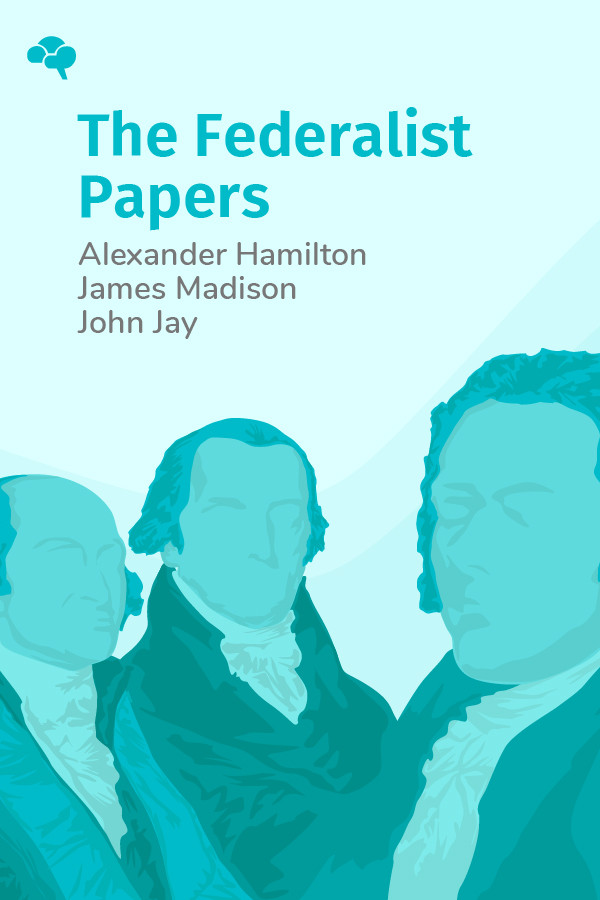John Jay
John Jay (December 23, 1745 – May 17, 1829) was an American statesman, patriot, diplomat, Founding Father of the United States, abolitionist, negotiator and signatory of the Treaty of Paris of 1783, second Governor of New York, and the first Chief Justice of the United States (1789–1795). He directed U.S. foreign policy for much of the 1780s and was an important leader of the Federalist Party after the ratification of the United States Constitution in 1788.
Jay was born into a wealthy family of merchants and New York City government officials of French and Dutch descent. He became a lawyer and joined the New York Committee of Correspondence, organizing opposition to British policies in the time preceding the American Revolution. Jay was elected to the Second Continental Congress, and served as President of the Congress. From 1779 to 1782, Jay served as the ambassador to Spain; he persuaded Spain to provide financial aid to the fledgling United States. He also served as a negotiator of the Treaty of Paris, in which Britain recognized American independence. Following the end of the war, Jay served as Secretary of Foreign Affairs, directing United States foreign policy under the Articles of Confederation government. He also served as the first Secretary of State on an interim basis.
A proponent of strong, centralized government, Jay worked to ratify the United States Constitution in New York in 1788. He was a co-author of The Federalist Papers along with Alexander Hamilton and James Madison, and wrote five of the 85 essays. After the establishment of the new federal government, Jay was appointed by President George Washington the first Chief Justice of the United States, serving from 1789 to 1795. The Jay Court experienced a light workload, deciding just four cases over six years. In 1794, while serving as Chief Justice, Jay negotiated the highly controversial Jay Treaty with Britain. Jay received a handful of electoral votes in three of the first four presidential elections, but never undertook a serious bid for the presidency.
Jay served as the Governor of New York from 1795 to 1801. Long an opponent of slavery, he helped enact a law that provided for the gradual emancipation of slaves, and the institution of slavery was abolished in New York in Jay's lifetime. In the waning days of President John Adams's administration, Jay was confirmed by the Senate for another term as Chief Justice, but he declined the position and retired to his farm in Westchester County, New York, where he died.
The Federalist Papers
The Declaration of Independence and a victorious revolution didn’t seamlessly resolve the new nation’s issues. The country had no army, no power to tax, no law-making body that all states respected, and no direction or set of interests that united them. In short, they were the States of America, but not the United States of America. After the Constitutional Convention, three delegates (Alexander Hamilton, James Madison, and John Jay) made it their mission to convince delegates to form a Union. They argued in a series of essays published between 1787 and 1788 that, if the nation hoped to survive, it must ratify the proposed Constitution.
Bio information sourced from Wikipedia

